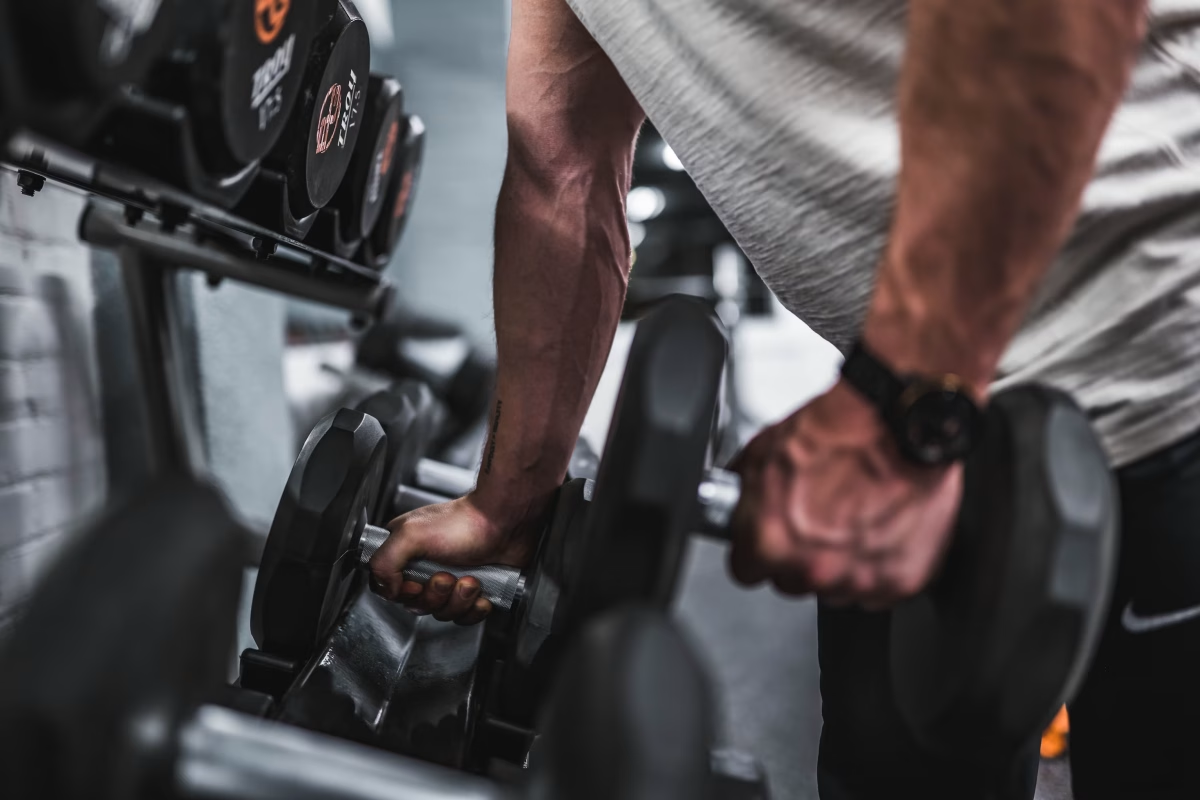Content warning: The following story contains references to suicide
Mental health numbers have risen with one in five Australians aged 16-85 years-old having experienced a mental health condition over the last decade.
The latest data from Australian Institute of Health and Welfare (AIHW) shows over four million Australians accessed Medicare mental health services in 2022-23, up from over two million in 2013-14.
The latest figures show clinical psychology visits up by 41 per cent since 2013-14.

Dr Catherine Cox is a clinical psychologist and the clinical educator at headspace Maroochydore, a government-funded youth mental health service.
She said she was not surprised by these numbers as Australians were gaining more insight into mental health.
“The general public are more mental health literate,” Dr Cox said.
“We talk about it a lot more in school and government advertising.
“We have tried to encourage people talking about their mental health a lot more and not be ashamed of it.
“That ability to and willing to reach out and seek help has really increased.”
The latest AIHW figures show Australians accessing mental health services under Medicare has increased by 43 per cent nationally and 29 per cent in Queensland since 2013-14.
Dr Cox said the pandemic and the advancement of digital technologies have been contributing factors to the rise in mental health concerns.
“We saw a real significant increase of use in social media and mental health concerns,” she said.
“I think that’s probably contributed to a huge increase of mental health.
“Not just for young people, but all ages.”
A study led by the University of Tasmania found smart phone addition and excessive social media use has contributed to mental health rises.
Mental health social worker and clinical lead at headspace Maroochydore, Kylie Pettit, said she was not surprised by the increase in people accessing mental health services.
She said she has seen the negative effects social media has on mental health.
“It’s made a real increase in a need for perfection, unrealistic expectations,” Ms Pettit said.
“It’s had a real impact on disordered eating and eating disorders.
“Things like self-esteem, suicidal ideations, risk taking behaviours, recklessness, misadventure.
“I think people are becoming complacent and replacing relationships with spending a lot of time behind their screens.”
A study by the University of Melbourne and Deakin University found excessive social media use is linked to depression, poor self-esteem, body-image criticism, harassment and impaired sleep.
Ms Pettit said she has seen people with poor sleep hygiene and functioning issues due to heavy social media use.
“It indirectly impacts on their level of functioning, their exposure to vitamin D, socialising and physical activity,” she said.
“When you unpack the current sleep routine – it looks like a lot of it does come down to electronic use.”
She said there were beneficial aspects of social media.
“There’s an element of connection, trend, culture, and an element of insight,” Ms Pettit said.
AIHW found people who identify as females have accessed mental health services more than male counterparts.
Dr Cox said these results come down to outdated views on mental health.
“I think definitely we always see more females here at headspace than we do males,” Dr Cox said.
“I think it stands from old school ideas of mental health and male framework.
“I don’t think we’ve broken those down particularly well yet.”
Dr Cox said these statistics were not completely accurate due to some males not talking about their mental health.
Ms Pettit said she has seen both males and females affected but identifies the increased risk for females.
“It’s not saying we’re not recognising, that it doesn’t impact on males,” she said.
“It’s just recognising that it doesn’t impact on males the same as it’s evidencing with females.
“Females internalise around different things compared to males.
“Males might be performance versus females with appearance.”
Columbia University’s Dr. Ryan Sultan is advocating for universal guidelines around setting boundaries for screen time with youths.
Ms Pettit said she agrees with this and encourages parents to set times for electronic use.
“I have worked on this with families and it’s a real struggle,” she said.
“I have emphasised with them because the older the child gets, the harder it is to instil a boundary.
“It’s around being consistent and introducing these things as early as possible.”
Ms Pettit encourages everyone to limit social media use and put screens down as it can be impactful on your mental health.
“One of the most powerful techniques is modelling a behaviour that you want to see yourself,” she said.
Help Lines
Lifeline Australia – 24/7 crisis support: Call 13 11 14
Beyond Blue – 24/7 crisis support: Call 1300 224 636
eheadspace – phone support: 1800 650 890
Kids Help Line crisis support: 1800 55 1800.




















